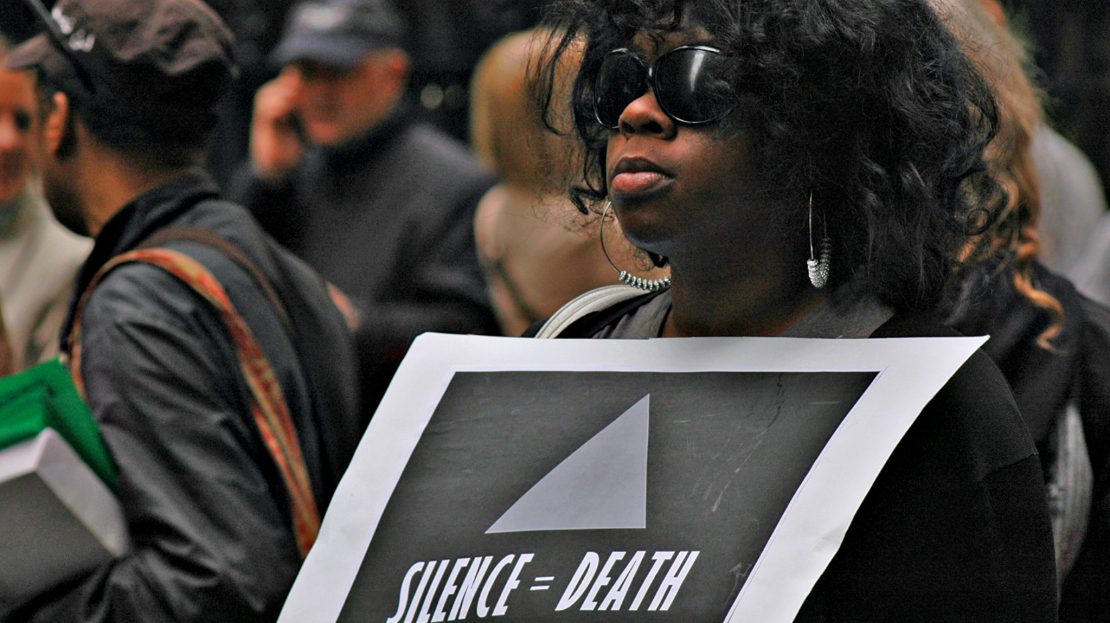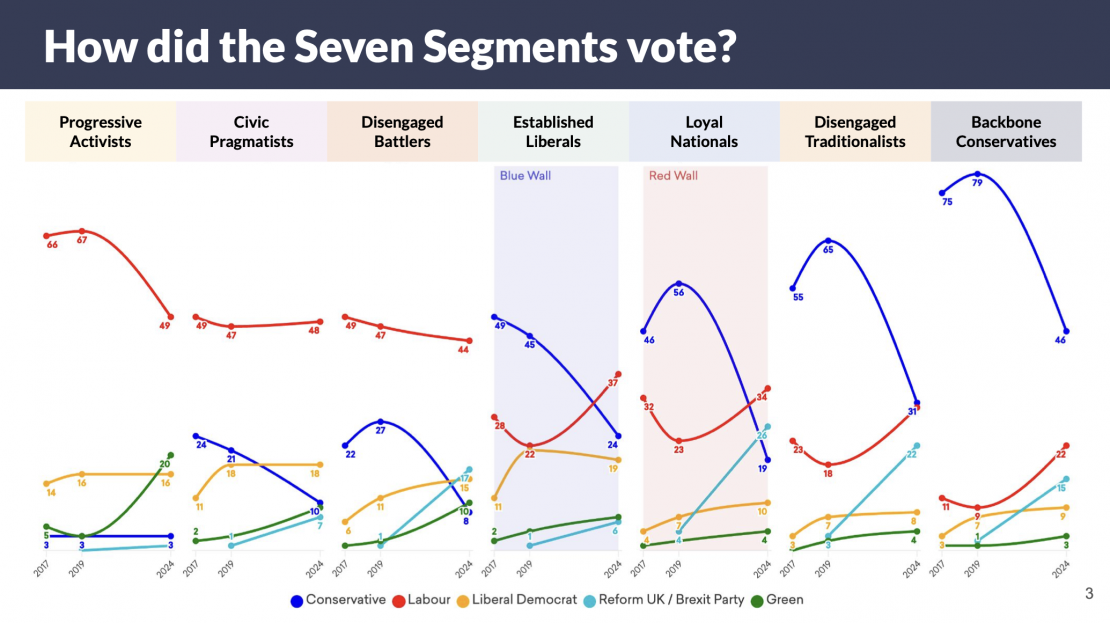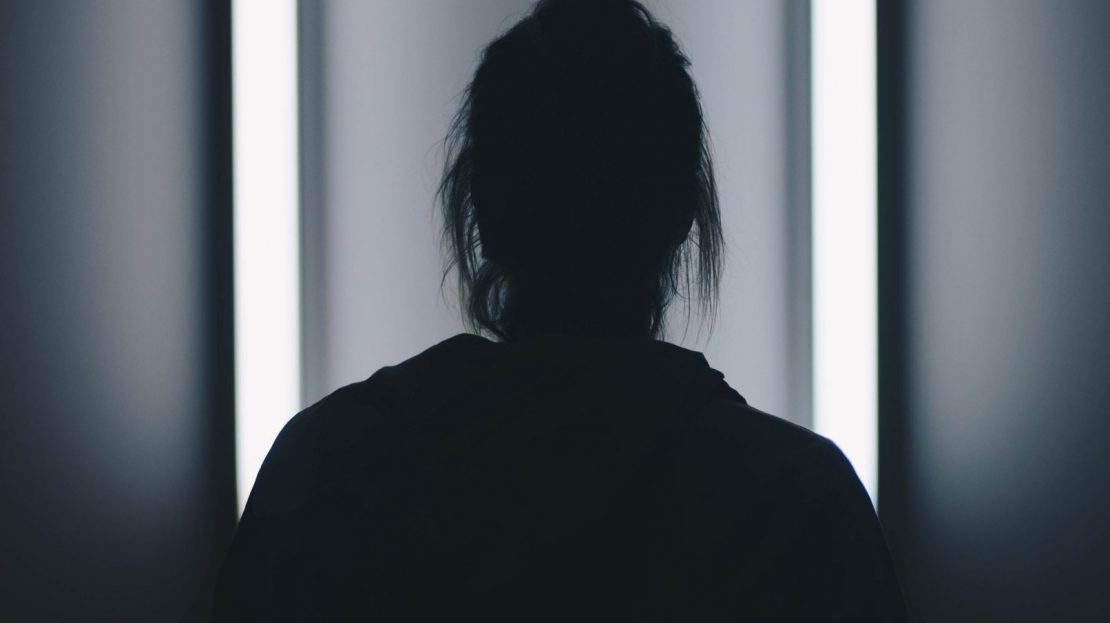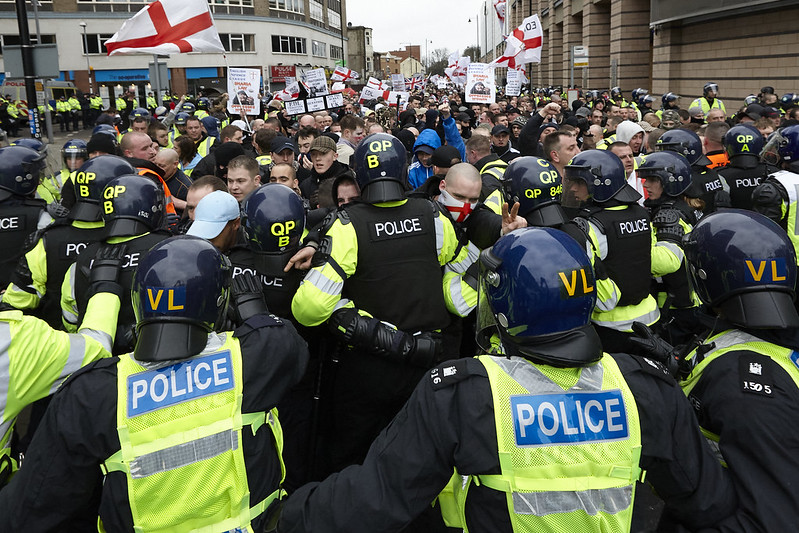On 21 May, on a trip to visit Austria’s chancellor, Karl Nehammer, prime minister, Rishi Sunak remarked on the support that the Rwanda scheme has garnered from other European countries. Despite the support, Austria’s Nehammer and Italy’s Prime Minister Giorgia Meloni are reportedly looking at different processes for relocating asylum seekers, which are more in line with EU and international law – according to Susan Frantzke, senior policy analyst at the Migration Policy Institute.
During the visit the prime minister stated: “It is increasingly clear that many other countries now agree that that is the approach that is required”. The prime minister cited the need for creativity in providing solutions to deter migrants from entering the UK, the Rwanda scheme being an example. This scheme, first proposed by the conservative government in April 2022, proposes to see immigrants and asylum seekers arriving on small boats, relocated to Rwanda, where their asylum claim would be processed.
Other EU countries opt for models different from the UK’s Rwanda model, but it also ignores the saliency of the UK’s Supreme Court ruling last year which ruled opposed the policy, voting unanimously that the scheme was unlawful. The courts ruled that the policy breached several domestic laws and international covenants which protect against the risk of ‘refoulement’. This basic human right protects refugees from being sent back into the danger they had fled.
Rwanda was deemed unsafe in November last year by the Supreme Court, based on evidence collected by the UN. The UN cited Rwanda’s history of poor human rights as a concern. Additionally, the legal system in Rwanda was deemed to be unfit for asylum seekers, on account of political corruption in the Rwandan courts and a lack of lawyers being provided to deal with cases. Other concerns include the involvement of Rwanda in the Congo’s conflict, in which Rwanda’s military is reportedly fighting alongside the Congo’s M23 group – sparking further concerns.
Ignored safety concerns
The Safety of Rwanda bill passed by the conservative government in late April ignored safety concerns. It redefined Rwanda as a safe country to relocate refugees and asylum seekers from the UK. The government has stated that this bill overrules the Illegal Migration Act of 2023, preventing any challenges to deportations based on Rwanda being an unsafe location.
This would mean that deportations to Rwanda, an eventuality Sunak stated would not happen until after the UK general election, could take place soon after.
Detentions begun in May
Earlier this month, detentions of asylum seekers began as a part of a nationwide operation to pick up asylum seekers who are vulnerable to being relocated to Rwanda. This occurred as asylum seekers reported to the Home Office for a routine appointment. Those who turned up to the Home Office were told that they would be sent to Rwanda and were detained on the spot. These detentions can last for more than four months, before being referred for a bail hearing.
News of these detentions sparked concern from charity and rights groups. An organiser for Revoke, an organisation focused on the rights and welfare of young people, spoke of the Bibby Stockholm being unsafe for anyone and “inhuman”. The Bibby Stockholm is a detention centre located in Dorset which had to close temporarily back in August last year due to outbreaks of deadly bacteria.
As a result of the concern, individuals organised against an attempt to detain people in Peckham. This took place outside of the Best Western hotel, where protesters stopped a bus heading to pick up migrants from the hotel, for removal to Bibby Stockholm.
Looking Ahead
The Council of Europe revealed that those who have already been detained have been left in “prison-like” detention centres, unaware of how long they will be held and whether or not they will be sent to Rwanda. It is thought that political party leaders will be issuing further statements on their respective party’s position in soon to be released manifestos – ahead of the election on July 4.







